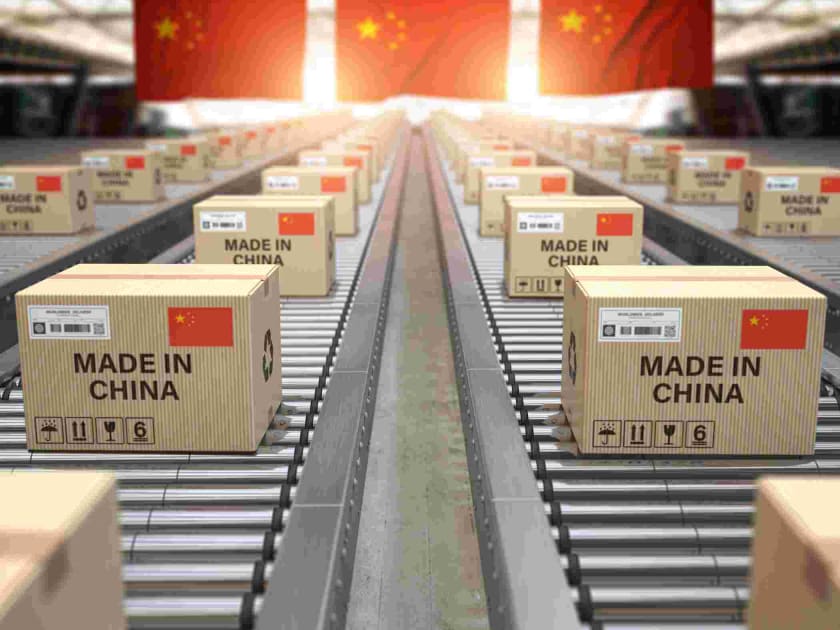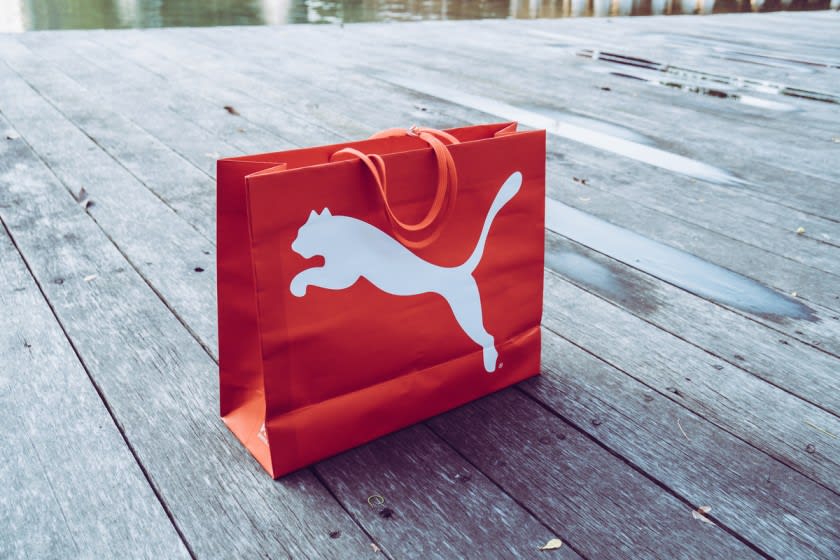Doing Business in China: An Analysis of Consumer Boycotts of Fashion Brands



In 2019, Greater China surpassed the United States in becoming the world’s largest fashion market. The fashion industry is booming in China thanks to a growing middle class. A new generation of young global citizens is hungry to buy fashion goods (domestic and international). This has led to a high demand for common items as well as high-end luxury products.
The understatement of the decade is this: China is as big a player in the fashion world as it is in Hollywood. The Asian country has “fuelled significant growth” (at 38 percent) for the past ten years in the global fashion industry. For brands, the support of Chinese consumers can mean the difference between bankruptcy or a bump in quarterly profits. Fashion companies have responded accordingly: H&M, Gucci, LVMH, Lululemon etc. have made China a key part of their global expansion strategy.
Doing business in China comes with risks-especially of the political kind. Time and time again, companies-especially those from the West-have faced backlash for their actions. Sometimes it is a case of cultural insensitivity towards the Chinese. At other times, brands are caught up in complex political issues.
Cultural Insensitivity
The case of cultural insensitivity is an easy matter. Here’s the general rule of thumb: don’t be racist or racially insensitive, period! Be open and understanding when it comes to Chinese culture. Your company will make mistakes-that’s okay. Remember to apologize (ideally through a public statement on social media) when that happens. Don’t be like Stefano Gabbana: the Dolce & Gabbana co-founder called China “a country of s***” on social media. Biting the business that feeds you is never a good move!
Political Troubles
Complex geopolitical issues (as opposed to those of cultural insensitivity) are an entirely different ballgame. In a globalized business world, companies are often working with powerful political forces (i.e, nation states) opposed to each other. A multinational business often has to tread a delicate line, acting in a diplomatic manner in order to protect its bottom line. Such is the case with the Xinjiang situation.
In a previous article, we talked about the boycott of fashion brands by Chinese consumers. To recap: the Xinjiang province of China is one of the key producers of cotton in the world. In recent years, evidence of abuse of Ughur Muslims (and other minority groups) has come to light. In Xinjiang, activists have uncovered proof of forced labor in cotton production and other industries.
In response to the human rights situation in Xinjiang, H&M and Nike released public statements expressing concern. Both companies said that they did not “source products from the [Xinjiang] region.” This response caused a furore on Chinese social media. Chinese users accused both companies of “spreading rumors'' about China. This led to a boycott of both Nike and H&M. Eventually the boycott expanded to include other Western brands (e.g., Burberry).
Chinese celebrities responded to the boycott by revoking brand deals and partnerships. Meanwhile, e-commerce platforms such as Alibaba removed products by H&M and other brands. H&M stores were also closed due to the boycott.
The Chinese government also appeared to support the boycott. In a statement to the press, Chinese Foreign Ministry Spokeswoman Hua Chunying said: "Anyone who offends the Chinese people should prepare to pay the price.” The Chinese government followed up with increasing regulatory scrutiny upon the affected brands. This June, the Chinese Administration of Customs identified “substandard children’s products” that were imported.
H&M, Nike, Zara and Gap were fined for children’s clothing that contained harmful dyes etc. This led to yet another social media backlash for H&M. (#H&Mfinedforunqualifiedchildrenswear was trending on Weibo.)
Fashinza’s Analysis
The Xianjiang backlash highlights a daunting problem for multinational companies doing business in China. BBC writer Tim McDonald points out that companies like H&M can “stick to their principles and risk. . .[losing] their business in China, or relent and offend their customers elsewhere.” Put simply: fashion brands are caught between the devil and the deep sea! No matter what a company does in such a scenario, its actions cannot please everyone.
Jeorg Wuttke is the current President of the EU Chamber of Commerce in China. Wuttke believes that backlashes and boycotts are the price of doing business in China. Ever since China opened up its economy in 1978, its government has penalized brands for not toeing its political line. In other words, Wuttke believes that such “short-term [market] pain” exists to “prove a political point.”
Analysis of the Chinese market shows that boycotts and regulatory fines are frequent but temporary setbacks. As such, a company doing business in China will not be greatly impacted by them. What’s more: several companies that are “cancelled” in China have bounced back in the market! Hugo Boss, for example, continues to experience strong growth in the Chinese mainland despite the Xinjiang boycott.
On a final note, it is helpful to consider if the current status quo will stand. Domestic brands such as Li Ning and Anta pose a competitive threat to international brands in the Chinese market. Li Ning’s shares “jumped to 10.7 percent” in the wake of the Xinjiang boycott. This indicates that Chinese consumers may “buy local” and reject international fashion brands in the future. Should that happen, the Chinese market may become less appealing to fashion brands.



















